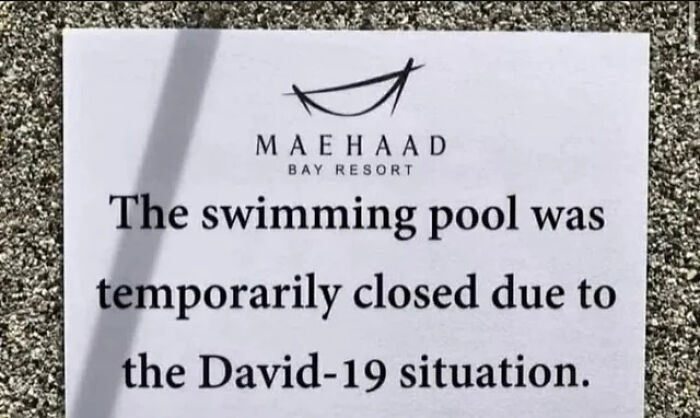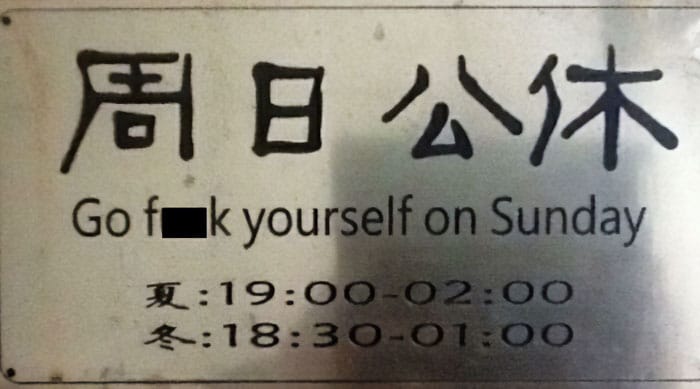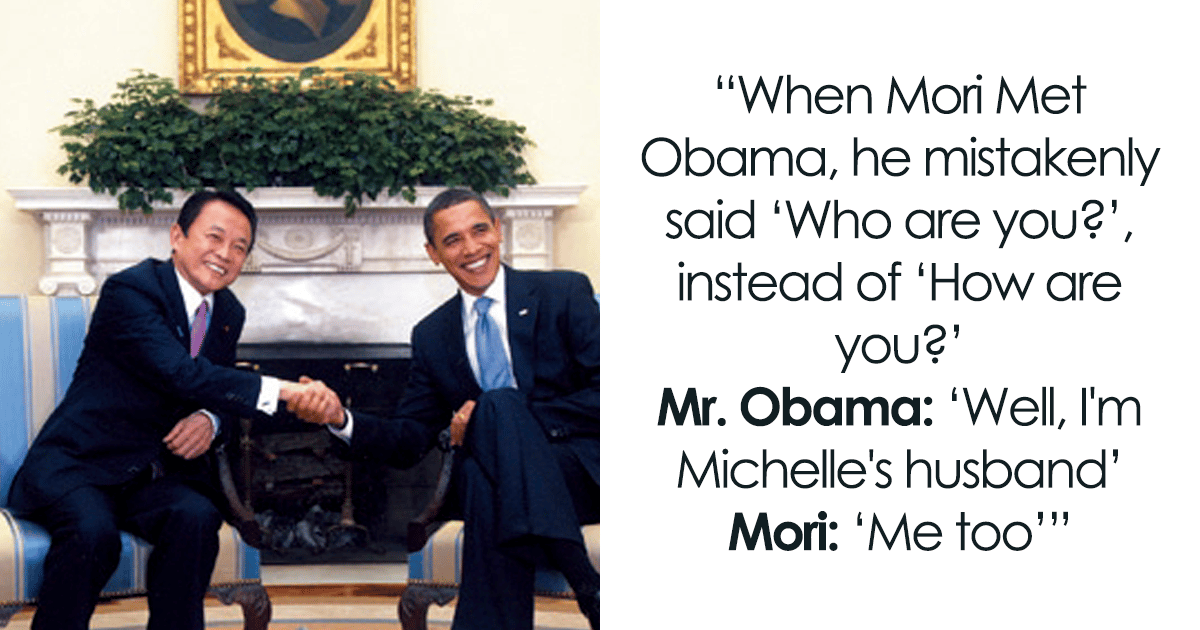English is hard to learn. A high number of native speakers make spelling and grammar mistakes. Or you are and your. English has become a global language, with 400 million people speaking it as their first language and 55 countries speaking it as their second language. It is difficult to learn a new language, there is no way to avoid awkward mistakes and sound like a toddler in the beginning. We must be sympathetic when we meet non-native speakers. We understand how hard it is to speak English.
It is a different ball game when we encounter errors in written texts. It is a fair game to laugh. Menus and signs don’t have feelings, do they? We’re going to introduce you to the subreddit. The group has over 668k members and is dedicated to finding the most incorrect English texts. There are a lot of hilarious bumper stickers and product descriptions on Engrish. We have compiled a list of the best English faux pas from around the world, so be sure to check out our last publication on the same topic.
1. Big sad incorrect English.

It is one of the most difficult languages to master, despite how common it is for people to speak at least a little English. There are many reasons why it is difficult, but a common one is the use of idioms. English speakers use a lot of phrases that are not to be taken literally. In English, idioms are a dime a dozen. When non-native speakers are trying to wrap their heads around this crazy language, we have to remember to cut them some slack.
Homophones, Homographs, and homonyms are some of the things people find frustrating with the English language. Homophones are words that sound the same but have different meanings. I would like to hear you play music at home. They’re going to be there soon. Homographs are spelled the same but have different meanings. For example, I will give you a present on your birthday. I will record an album to sell at the store. My garden has produced. You understand the idea. Homonyms can be either or both. That explanation is confusing for me. We can agree to ignore them.
2.

Depending on the native language, English creates different challenges. The level of formality in English can be unclear. According to the United Language Group, Spanish, Korean, and Japanese have different levels of formality in their verbs. It can be difficult to learn the correct vocabulary for communicating in English.
Due to the large number of English speakers worldwide, dialects are hard to navigate. The United Language Group notes that “Standard American English is different than British English, which is also different than Australian English.” Each country has many dialects and accents that cause confusion for native speakers.
3. I feel like those areas should become a thing.

4. Screw you, David.

As a native Texan who has lived in California, Northern England, and Southern England, I can tell you that English is not just English. I have made a lot of fools out of myself because I didn’t know what a jumper was in England or that the word “pants” in England doesn’t mean the same thing as it does in Texas. (The word I was searching for was pants, and what they thought I was referencing was what I call clothing… ) Knowing that I’ve struggled with exploring jargon in a similar language I’ve spoken for as long as I can remember, I feel a ton of compassion for those attempting to handle this behemoth of a language.
5. Coco-Colo.

6. Merry Christmas.

One of the reasons English is so challenging is that often the rules go out the window. It is not always true that my elementary school teachers drilled into my head rules such as “I before E except after C” to remember how to spell words. What about words that are good for you? Past tense verbs can be hard to remember because they don’t always follow the “just add -ed to the end” rule. We danced and dined, but we also drank, ate, and sang. There are many instances in English where the rules are less than effective.
7. Unfortunately Misspelt.

8. The world’s worst superhero is here.

9. Genital Reminder.

English has a fun quirk of how many words look like they should rhyme. Let me show you some examples: Tough, though, cough. I want to hear the rules teachers use to justify words like that. Words like bed and read do rhyme. I am going to take a break because I am starting to get headaches thinking about these words. We’ll move on to the world of silent letters.
10. Children Approved!

11. Satanise.

12. Crode.

Anyone who took French in college knows the silent letter struggle well, and English is not the only language with silent letters. They are very common in English. There are a lot of words that end in silent e’s. Have, bake, desire, etc. Many words have silent letters in the beginning and middle. Psychology, doubt, listen, debt, subtle, design, foreign, etc. There is a lot of confusion with letter combinations. The letters help to create a sound, but not what you would expect. I’m talking about words that are related to physics. The spelling of these words is questionable when you stop to think about them.
13. It reminds me of the Snake Island soldiers.

14. Is it possible to download a car?

15. Need A Lot Of This.

English is a complex language, so it’s no surprise that comedy errors happen frequently. Thank goodness they do because they are hilarious.
Let us know in the comments if you like any of the English errors. What is the funniest English mistake you’ve ever seen?









